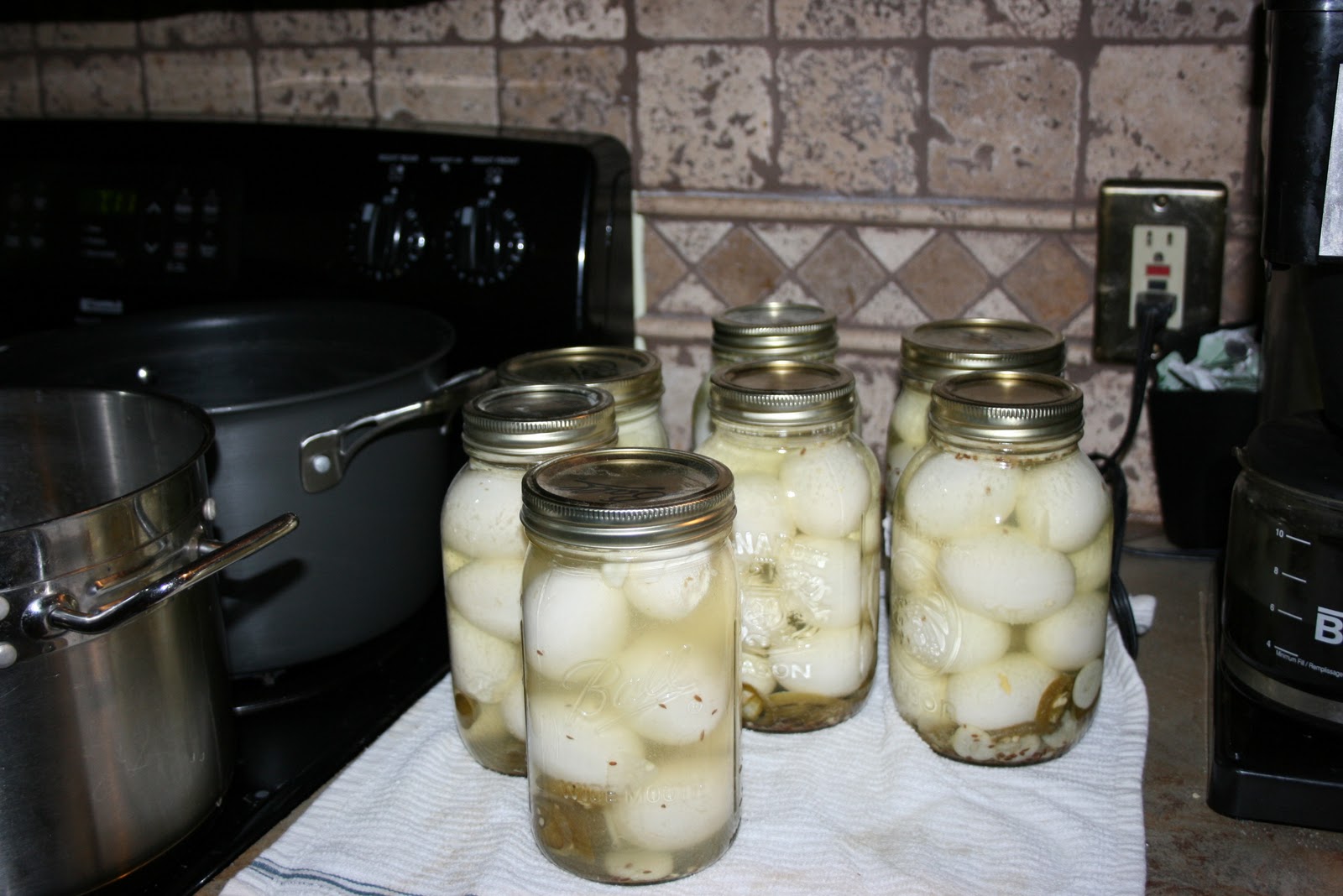

Articles
How To Store Pickled Eggs
Modified: February 5, 2024
Learn how to store pickled eggs with these helpful articles. Find tips and techniques for preserving the flavor and freshness of your pickled eggs.
(Many of the links in this article redirect to a specific reviewed product. Your purchase of these products through affiliate links helps to generate commission for Storables.com, at no extra cost. Learn more)
Introduction
Welcome to the wonderful world of pickled eggs! Pickled eggs are a delightful and tangy treat that brings a burst of flavor to any meal or snack. Whether you’re a fan of the briny taste or simply looking to try something new, learning how to store pickled eggs properly is crucial to preserving their freshness and ensuring they remain delicious.
In this article, we will guide you through the process of storing pickled eggs, from boiling and pickling the eggs to safely storing them for long-term enjoyment. We will also provide some tips on how to best enjoy pickled eggs and enhance your culinary experience.
But first, let’s make sure you have all the necessary equipment and ingredients to get started.
Key Takeaways:
- Master the art of pickled egg preparation, from boiling to pickling, and ensure their long-term freshness with proper storage techniques. Delight your taste buds with tangy, flavorful pickled eggs for weeks to come!
- Elevate your culinary experience with pickled eggs by experimenting with flavors, serving suggestions, and creative pairings. From charcuterie boards to snack time, savor the versatility and deliciousness of pickled eggs.
Read more: How To Store Pickles
Equipment and Ingredients Needed
Before you embark on the journey of pickling eggs, it’s important to gather all the necessary equipment and ingredients. Here’s what you’ll need:
- A large pot for boiling the eggs
- Airtight jars or containers for storing the pickled eggs
- Sharp knife or egg slicer for serving
- Measuring cups and spoons
- A mixing bowl
- A whisk or fork for stirring
- Optional: spices and herbs for flavoring the pickling brine (such as dill, garlic, or chili flakes)
- For the pickling brine, you will need:
- White vinegar: 1 ½ cups
- Water: 1 ½ cups
- Salt: 2 tablespoons
- Sugar: 1 tablespoon
Make sure to have all the equipment and ingredients ready before you start cooking. This will make the process smoother and more enjoyable.
Preparing and Boiling the Eggs
When it comes to pickled eggs, selecting the right eggs and ensuring they are boiled to perfection is crucial. Here’s how to prepare and boil the eggs for pickling:
- Choose fresh eggs: Start by selecting eggs that are fresh and free from cracks or imperfections. Fresh eggs will yield the best results and ensure a longer shelf life for your pickled eggs.
- Boil the eggs: Place the eggs in a large pot and cover them with cold water. Make sure there’s enough water to fully submerge the eggs. Slowly bring the water to a boil over medium heat.
- Simmer the eggs: Once the water reaches a rolling boil, reduce the heat to a gentle simmer. Allow the eggs to simmer for about 9-12 minutes, depending on how well-done you prefer your yolks.
- Cool the eggs: Once the desired cooking time is reached, carefully transfer the eggs to a bowl filled with cold water and ice cubes. Let the eggs cool for at least 5 minutes. Cooling the eggs rapidly helps in easy peeling.
- Peel the eggs: Gently tap the boiled eggs on a hard surface to create small cracks all over the shells. Begin peeling the eggs under a stream of cold running water, which will help remove any remaining shell pieces.
After peeling the eggs, they are now ready to be transformed into delicious and tangy pickled eggs! Let’s move on to the next step: making the pickling brine.
Making the Pickling Brine
The pickling brine is what gives the pickled eggs their tangy and flavorful kick. Here’s how to make the perfect pickling brine:
- In a mixing bowl, combine the white vinegar, water, salt, and sugar. Whisk the mixture until the salt and sugar are fully dissolved.
- If desired, you can add additional spices and herbs to the brine to enhance the flavor. Common additions include dill, garlic, or chili flakes. Feel free to get creative and experiment with different flavor combinations.
- Whisk the brine again to evenly distribute the spices and herbs.
That’s it! Your pickling brine is now ready to infuse the boiled eggs with its delicious flavors. Let’s move on to pickling the eggs.
Store pickled eggs in the refrigerator in a tightly sealed container to maintain their flavor and texture. They can last for up to 1 month when properly stored.
Pickling the Eggs
Now that you have prepared the pickling brine, it’s time to immerse the boiled eggs in the brine and let them soak up all the flavors. Follow these steps to pickle your eggs:
- Place the peeled boiled eggs in clean and sterilized airtight jars or containers. Make sure the containers are large enough to hold the eggs and the pickling brine.
- Pour the prepared pickling brine over the eggs, making sure they are fully submerged in the liquid. Leave a bit of headspace at the top of the jars to allow for expansion.
- If you added any additional spices or herbs to the pickling brine, you can also add them to the jars for extra flavor.
- Seal the jars tightly with the lids.
Allow the pickled eggs to sit in the brine for at least 24 hours, preferably refrigerated. During this time, the eggs will absorb the flavors of the brine, resulting in a deliciously tangy and savory treat.
While the pickled eggs can be enjoyed after 24 hours, for optimal flavor, it is recommended to let them pickle for a minimum of one week. This allows the flavors to fully develop, resulting in a more pronounced and enjoyable taste.
Now that the eggs are pickled and ready to be enjoyed, let’s move on to the next important step: storing them properly.
Read more: How To Store Fermented Pickles
Storing the Pickled Eggs
Proper storage is essential to maintain the quality and freshness of your pickled eggs. Follow these steps to store your pickled eggs:
- Ensure the pickled eggs are fully submerged in the brine. This will help preserve their flavor and prevent spoilage.
- Seal the jars or containers tightly with their lids to create an airtight seal. This will prevent air from entering and potentially causing contamination.
- Store the pickled eggs in the refrigerator. The cool temperature will help prolong their shelf life and maintain their quality. It is recommended to keep them refrigerated for up to 1 to 2 months.
- Label the jars or containers with the date of pickling. This will help you keep track of their freshness and determine their optimal consumption timeframe.
Remember, pickled eggs are a perishable food item, and their quality will degrade over time. It is important to regularly check for any signs of spoilage, such as a foul odor or unusual texture. If you notice any signs of spoilage, it is best to discard the eggs to avoid any potential health risks.
Now that your pickled eggs are properly stored, let’s move on to some tips on how to enjoy them to the fullest.
Tips for Enjoying Pickled Eggs
Pickled eggs are a versatile and delicious snack that can be enjoyed in various ways. Here are some tips to enhance your pickled egg experience:
- Slice and serve: Slice the pickled eggs into thin rounds or halves for an easy and visually appealing snack. They can be enjoyed on their own or as a topping for salads, sandwiches, or burgers.
- Experiment with flavors: While traditional pickled eggs are tangy and savory, you can get creative and experiment with different flavors. Add spices like paprika, cayenne pepper, or mustard powder to infuse the eggs with a hint of heat or smokiness.
- Pair with cheese and crackers: Pickled eggs complement cheese and crackers exceptionally well. The combination of the briny eggs, creamy cheese, and crispy crackers creates a perfect balance of flavors and textures.
- Include in charcuterie boards: Pickled eggs make an excellent addition to charcuterie boards, offering a unique and tangy component to the selection of cured meats, cheeses, and accompaniments.
- Enjoy as a snack or appetizer: Pickled eggs make a tasty and protein-packed snack or appetizer. Keep them handy in the fridge for a quick and satisfying bite.
- Pair with a refreshing beverage: Whether it’s a cold beer, a glass of wine, or a fizzy soda, pickled eggs pair well with a variety of beverages. The combination of the tangy eggs and the refreshing drink creates a delightful contrast of flavors.
- Share with friends and family: Pickled eggs can be a unique and conversation-starting treat at gatherings or parties. Introduce your loved ones to the delicious world of pickled eggs and watch them enjoy the tangy goodness.
Remember, pickled eggs are a flavorful and versatile food that can be enjoyed in many ways. Feel free to get creative and think outside the box to find your favorite way to savor these delightful treats.
With these tips in mind, you are now ready to enjoy the deliciousness of pickled eggs. Happy snacking!
Conclusion
Congratulations! You have now learned how to store pickled eggs like a pro. By following the steps outlined in this article, you can ensure that your pickled eggs remain fresh, flavorful, and ready to be enjoyed for an extended period of time.
Remember that the key to successful pickled eggs lies in proper preparation, including boiling the eggs to perfection, making a flavorful pickling brine, and storing them correctly. With the right equipment, ingredients, and techniques, you can create a batch of tangy pickled eggs that will impress your taste buds and those of your family and friends.
Whether you enjoy pickled eggs as a standalone snack, on top of salads, or as part of a charcuterie board, their tangy and savory flavors are sure to add a delightful twist to any meal or occasion.
So, gather your supplies, start boiling those eggs, and get ready to experience the joy of pickled eggs. Remember to experiment with different flavors and serving suggestions to find your own personal favorite way to enjoy these tasty treats.
Thank you for joining us on this pickling adventure. May your pickled eggs be tasty, your creativity flourish, and your culinary endeavors always be a success!
Frequently Asked Questions about How To Store Pickled Eggs
Was this page helpful?
At Storables.com, we guarantee accurate and reliable information. Our content, validated by Expert Board Contributors, is crafted following stringent Editorial Policies. We're committed to providing you with well-researched, expert-backed insights for all your informational needs.
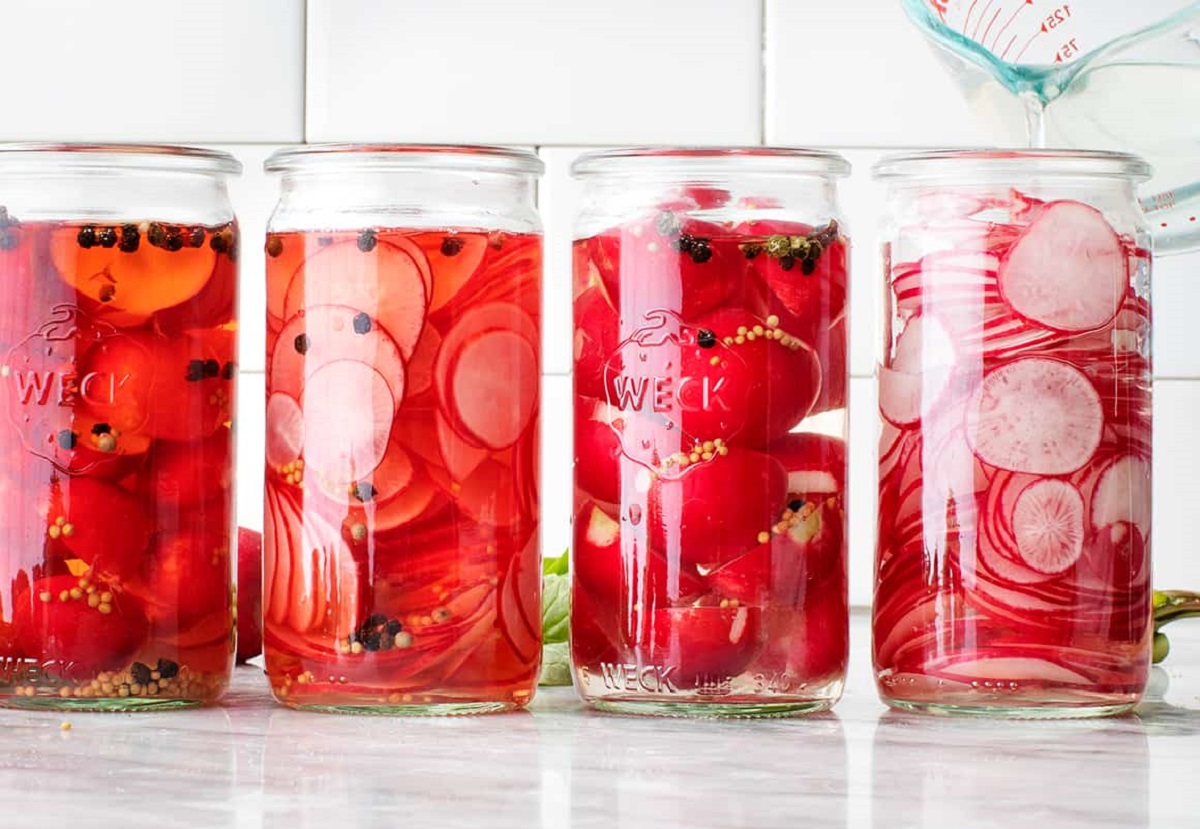
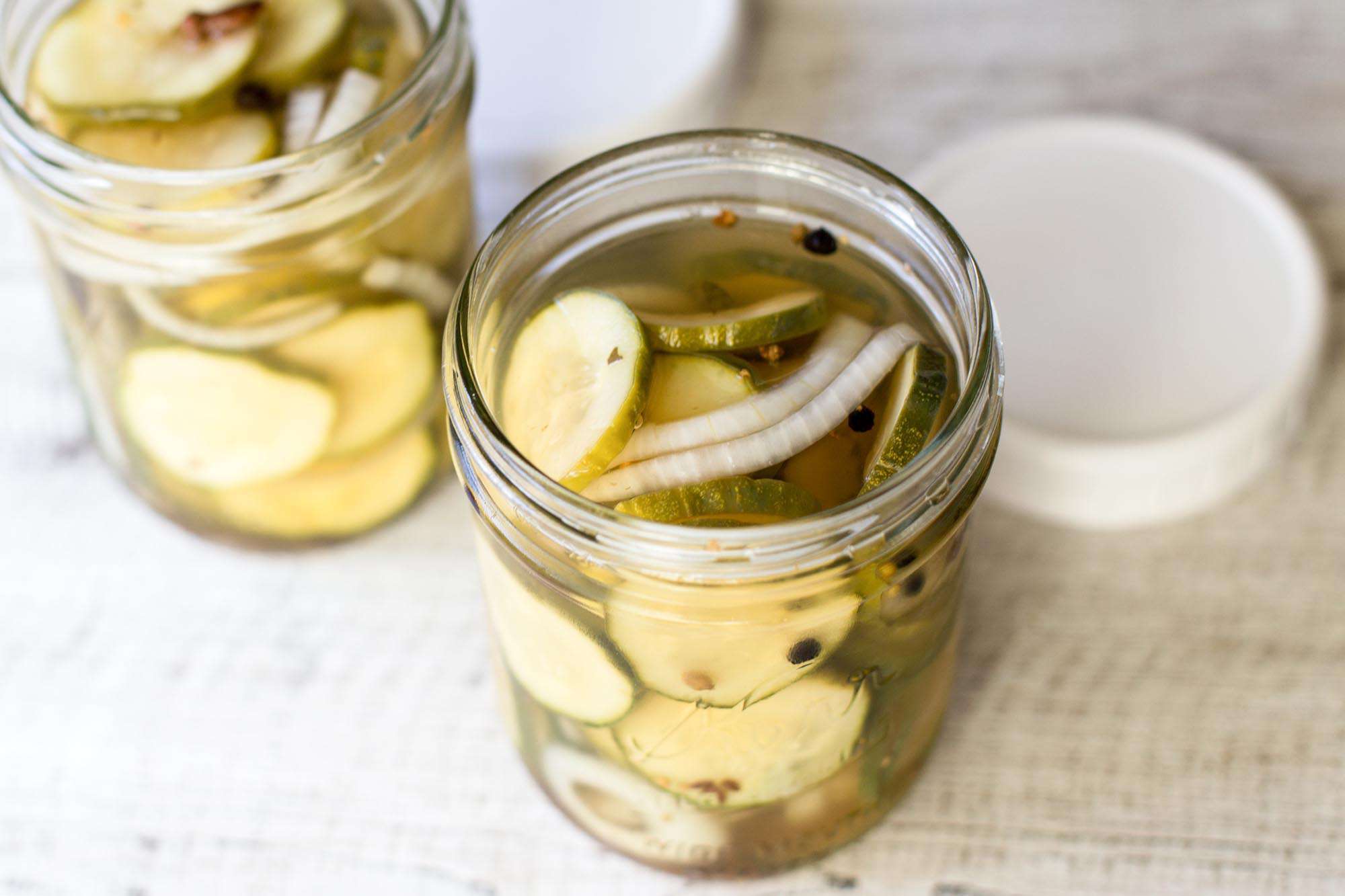
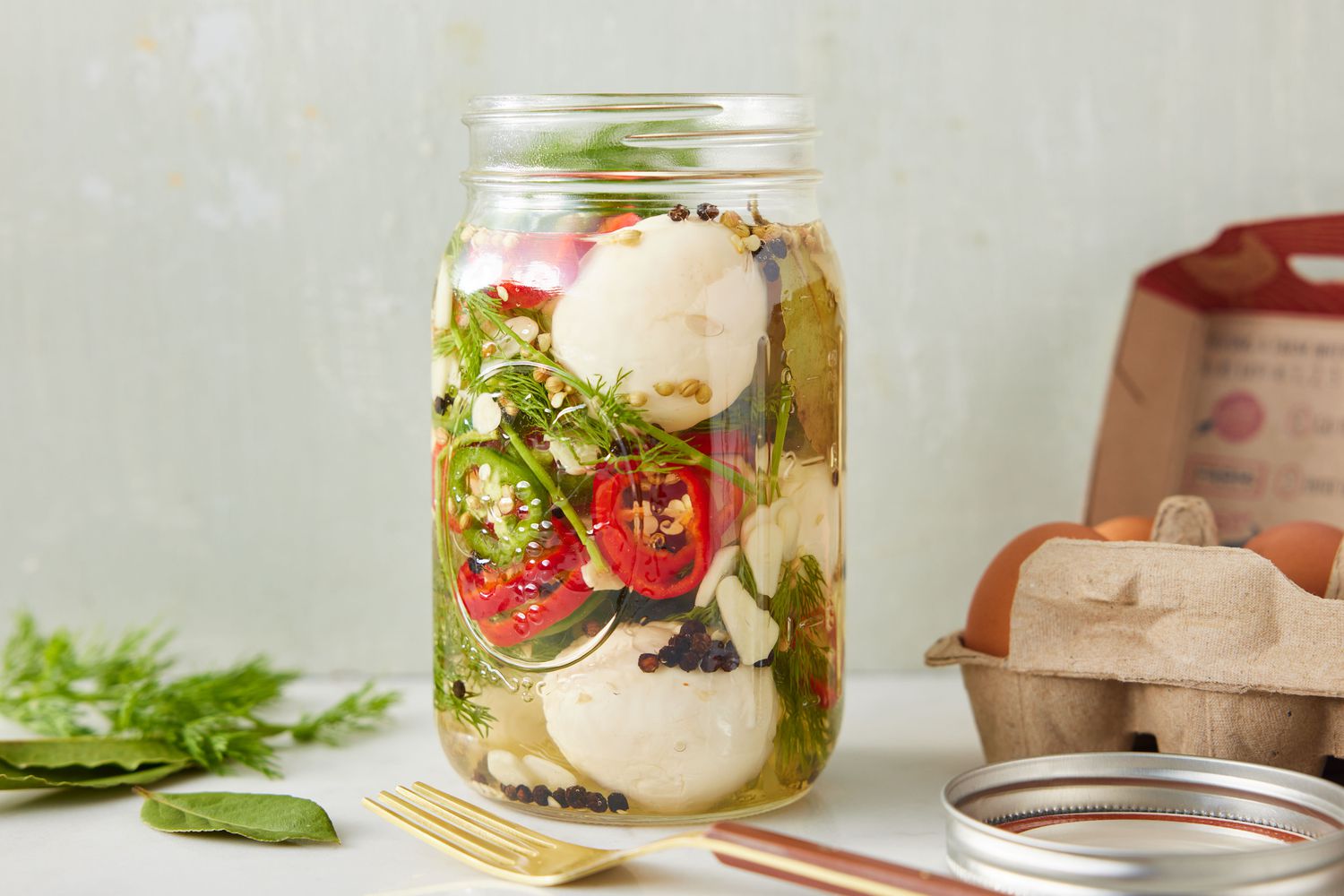
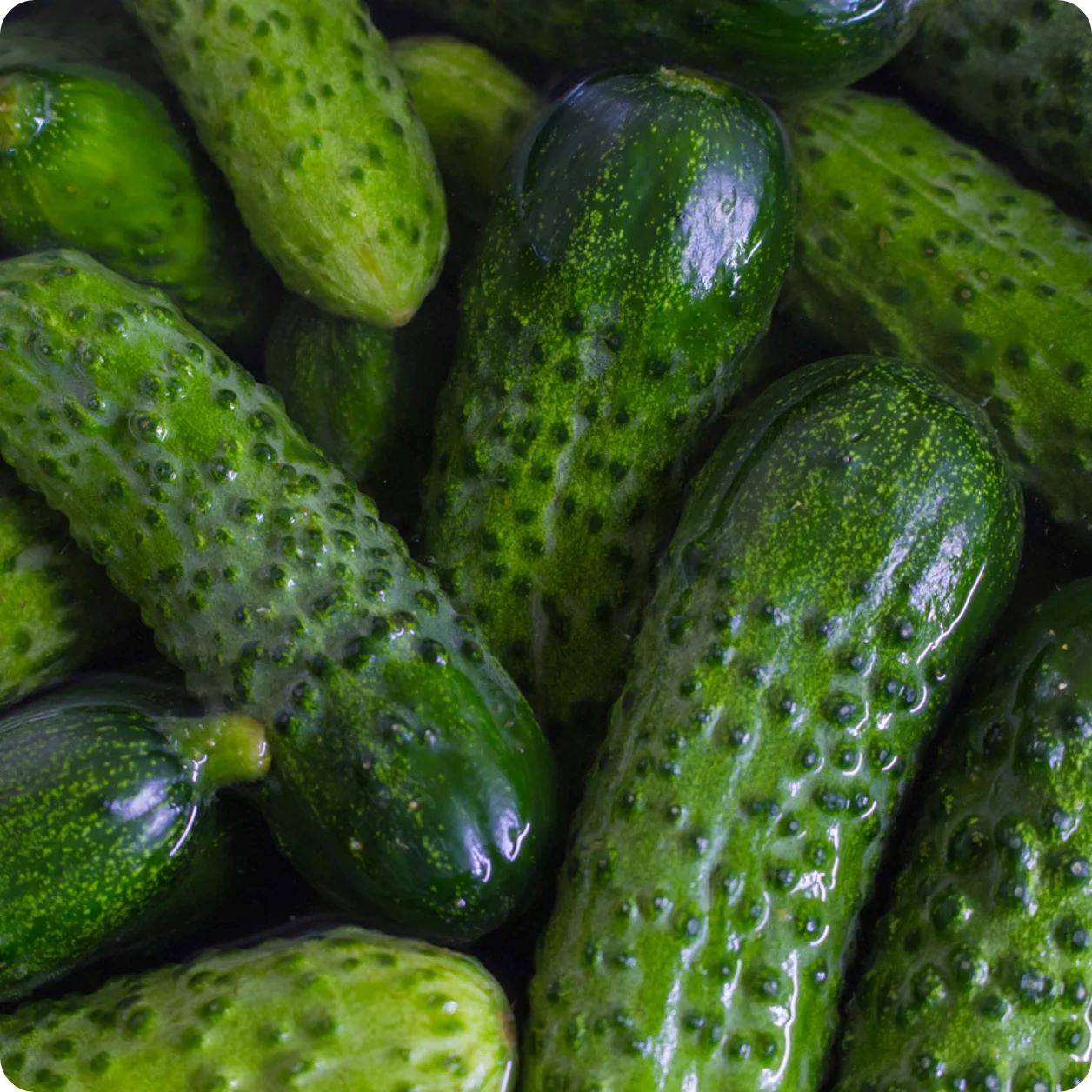
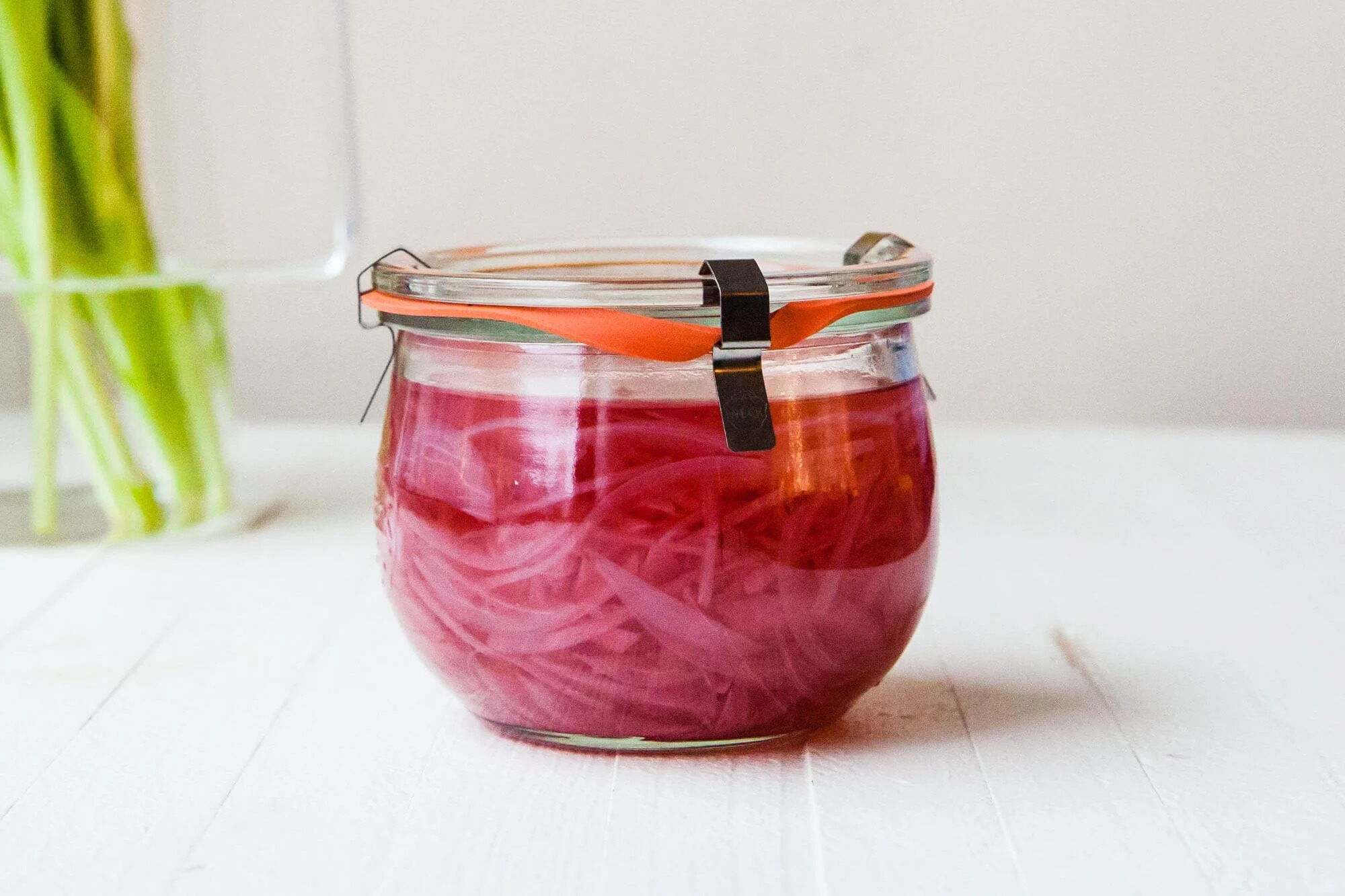
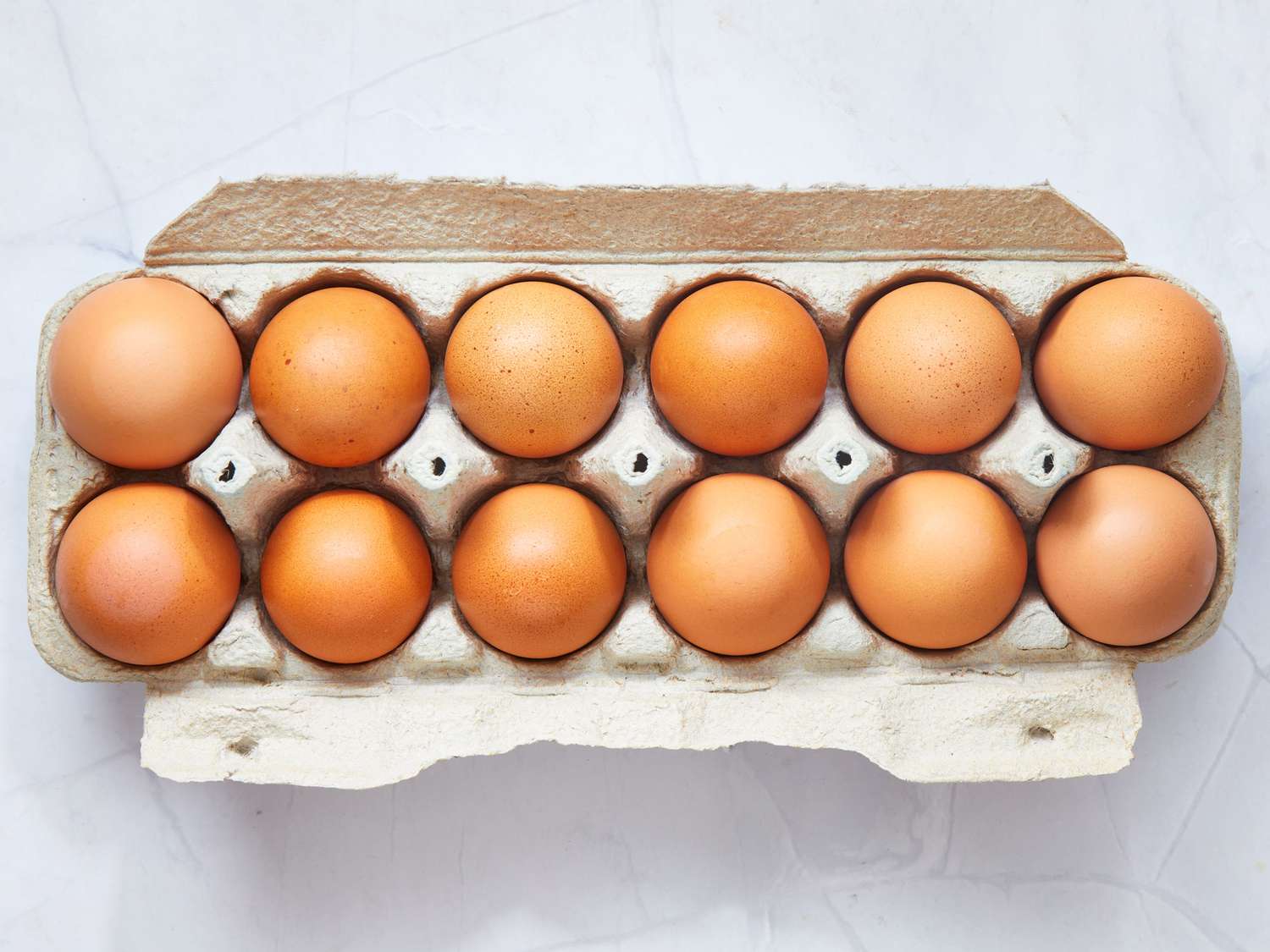
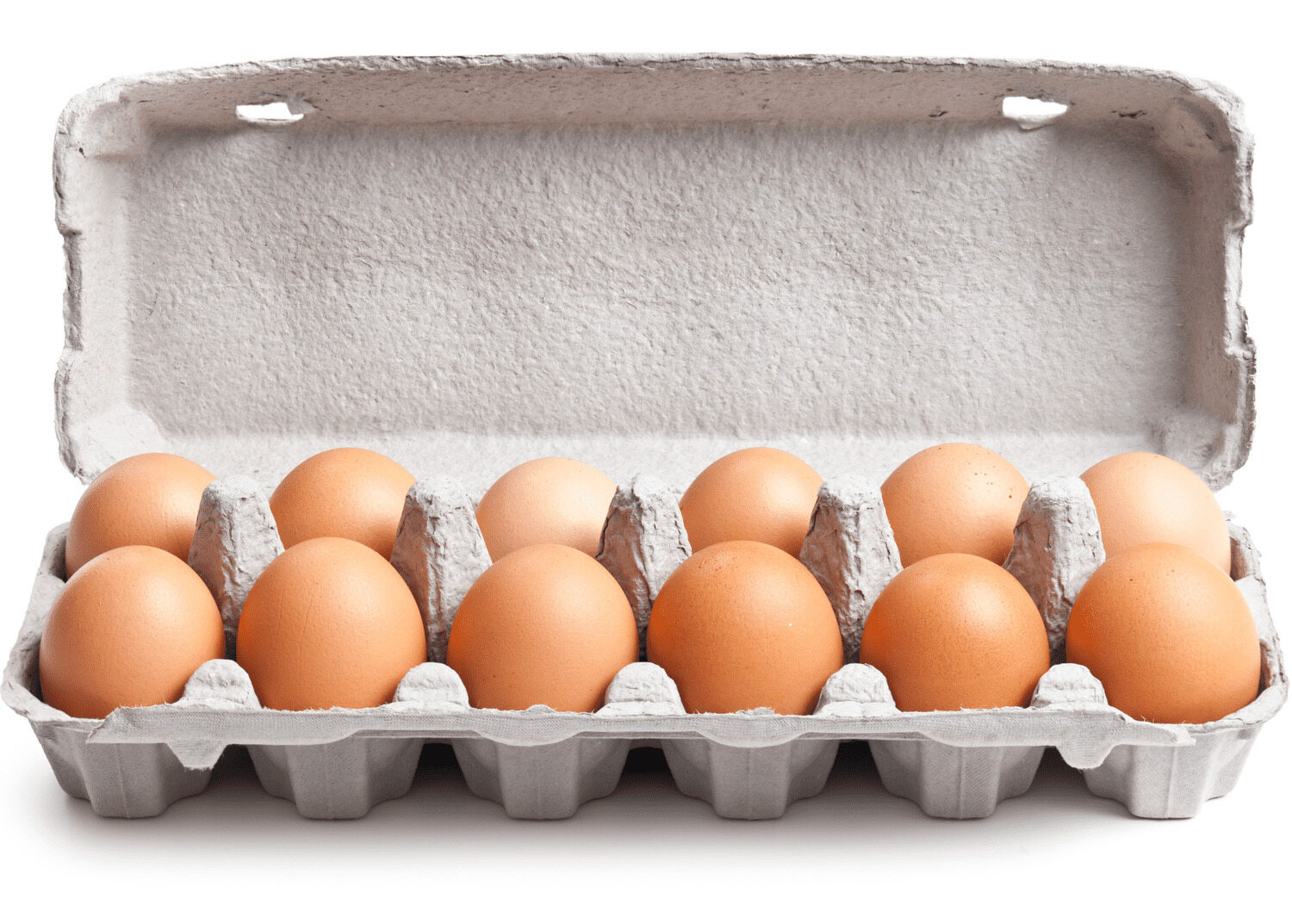

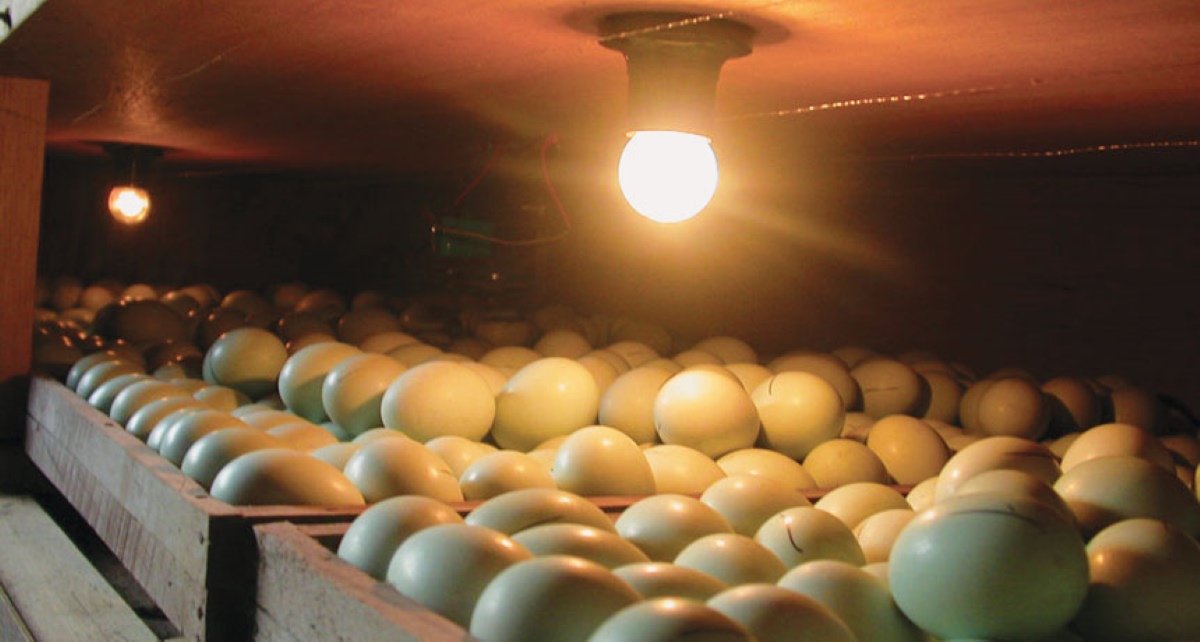
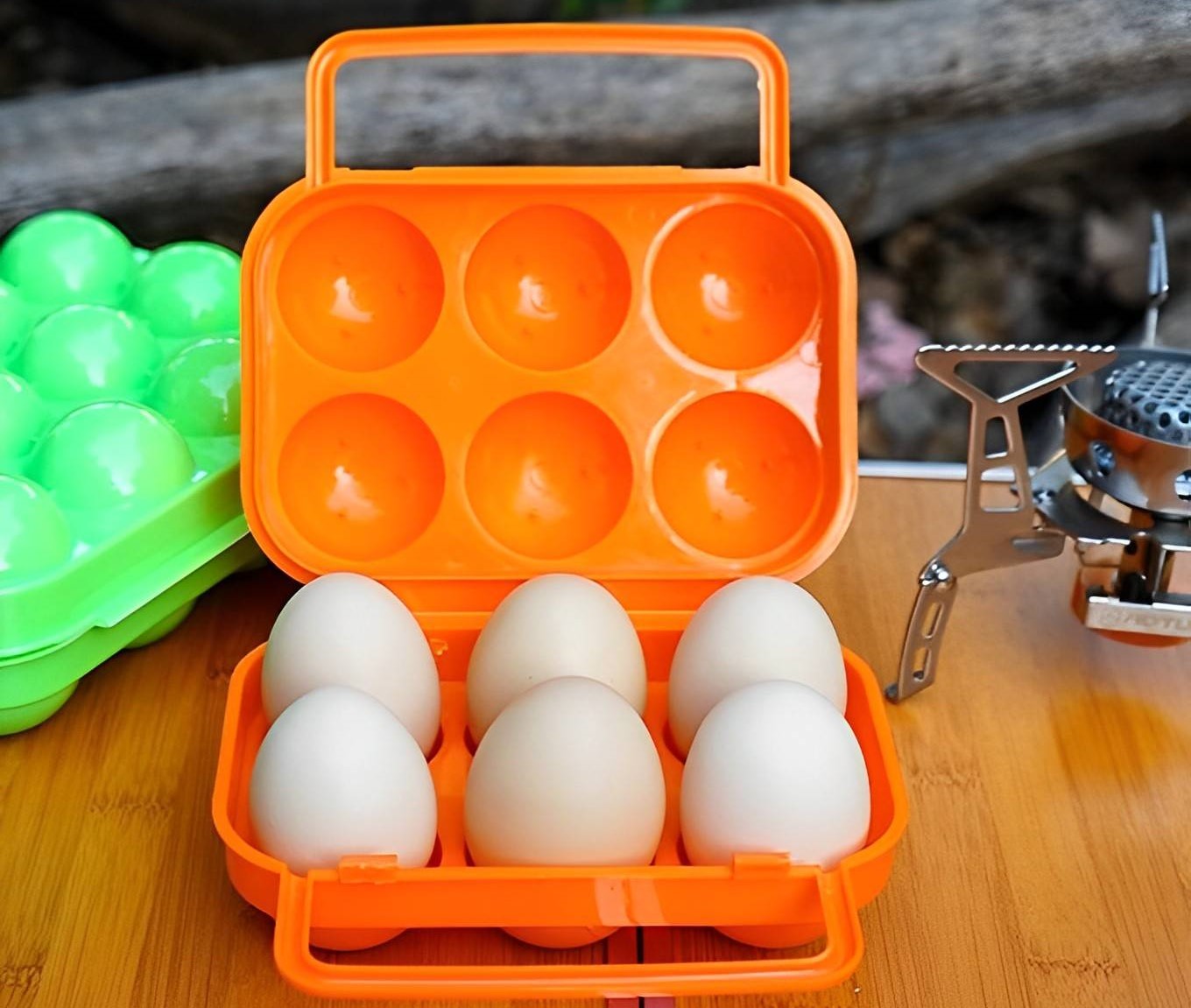

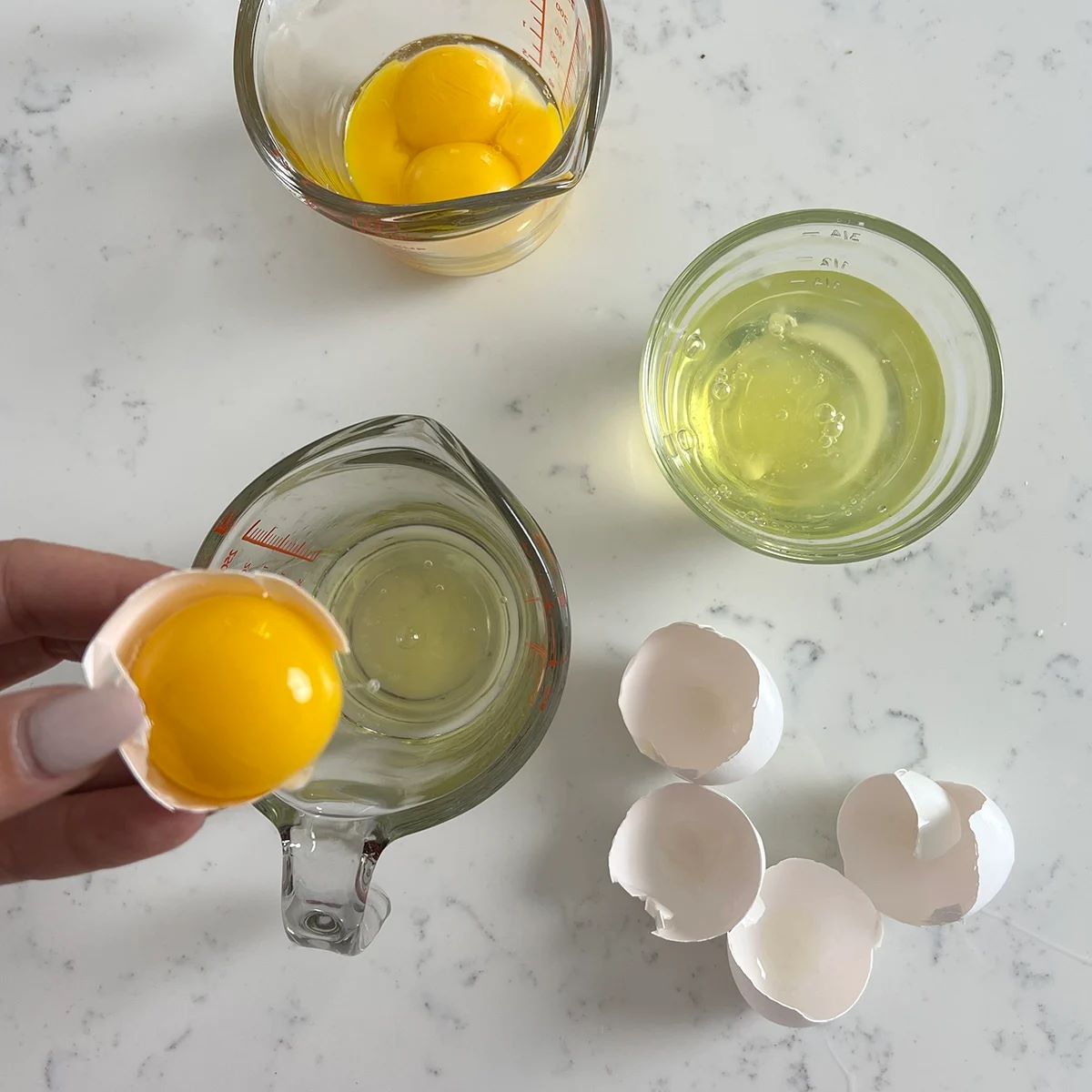
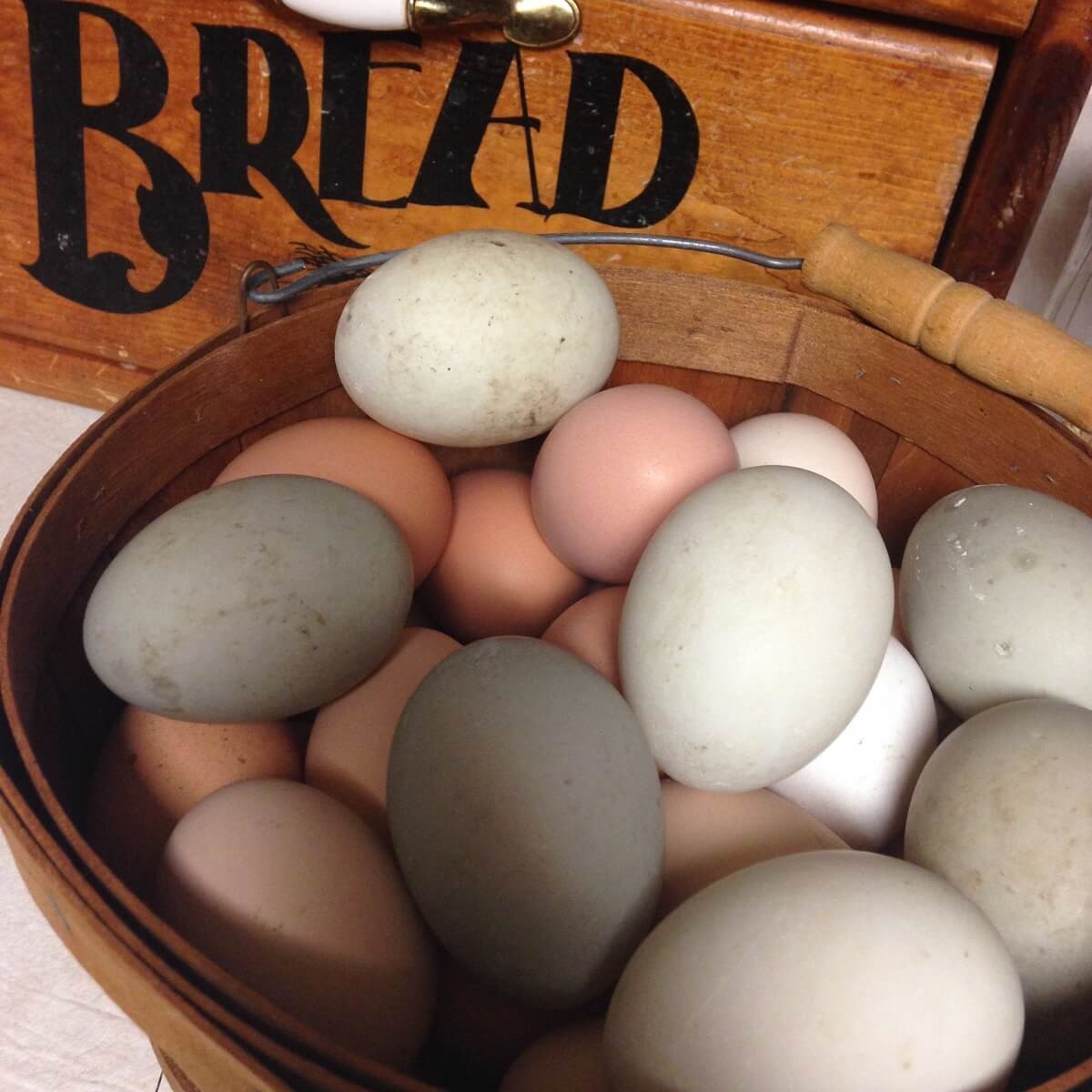
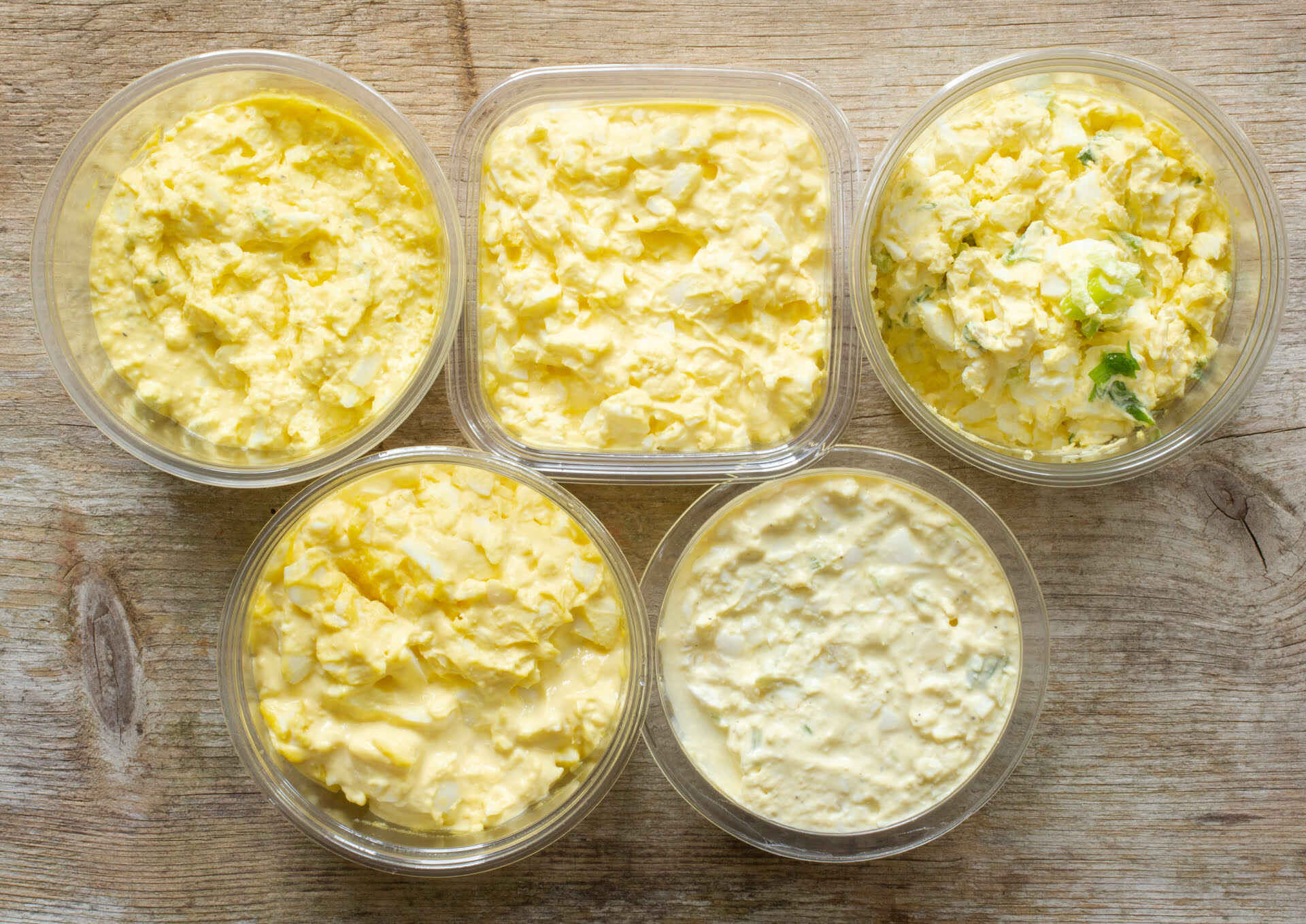

0 thoughts on “How To Store Pickled Eggs”